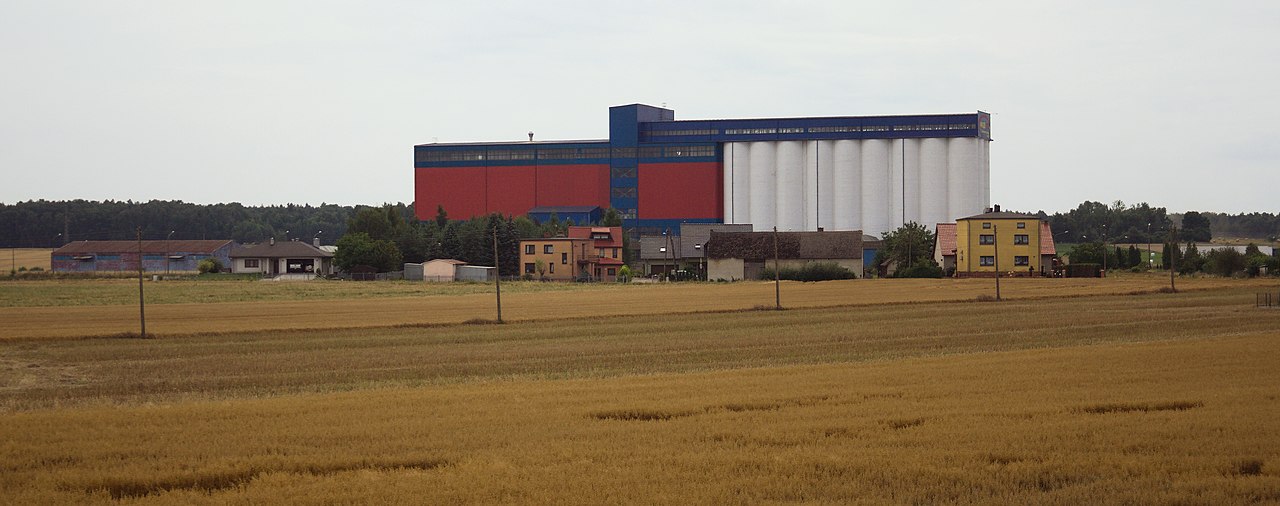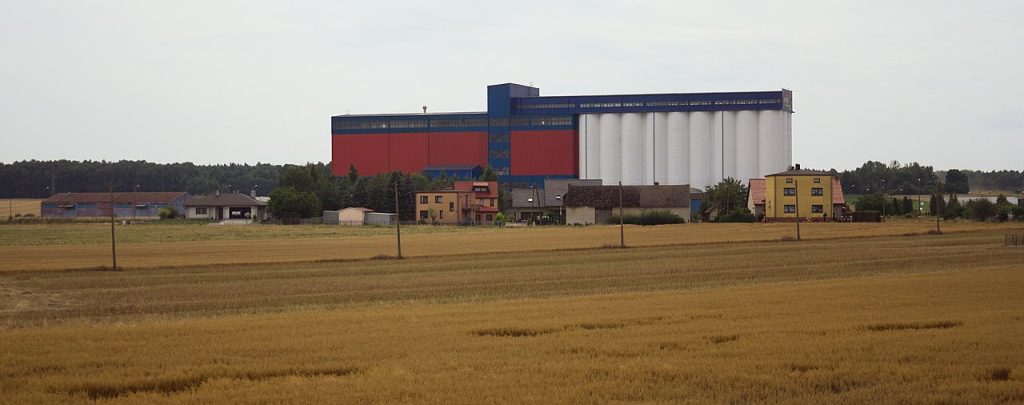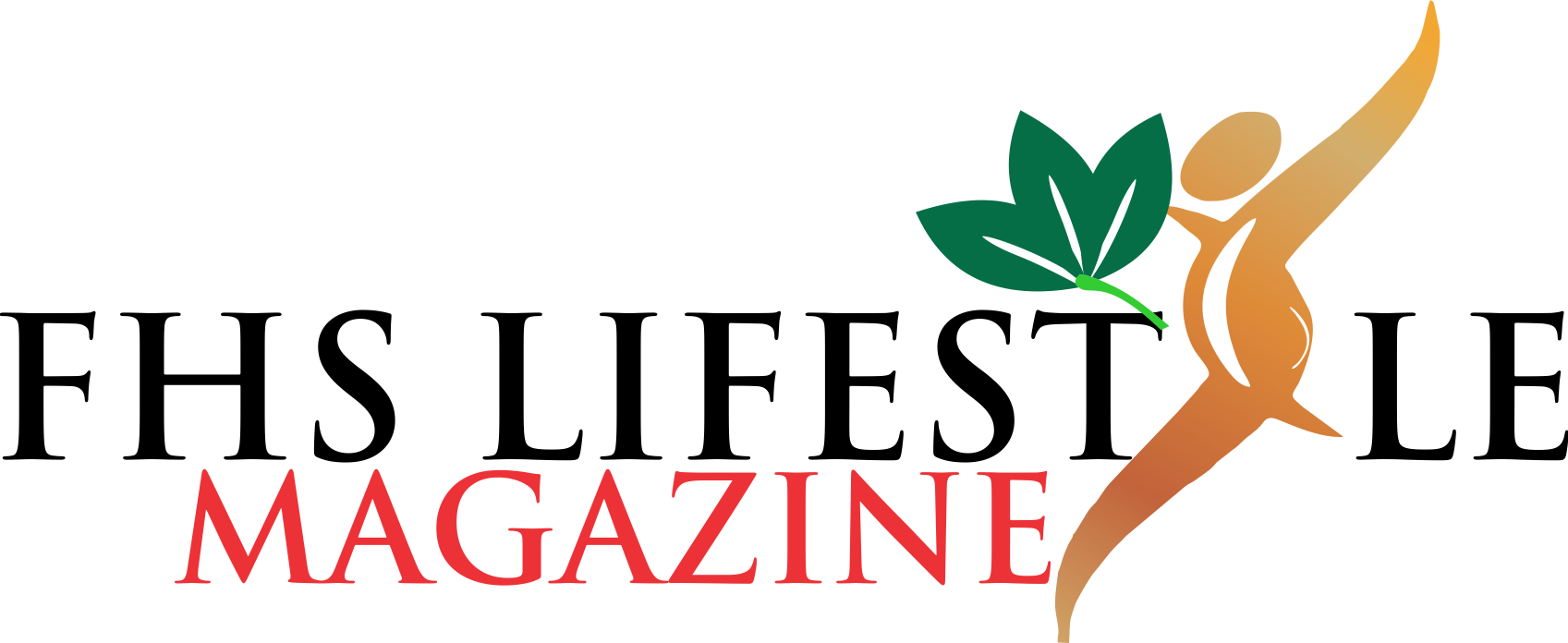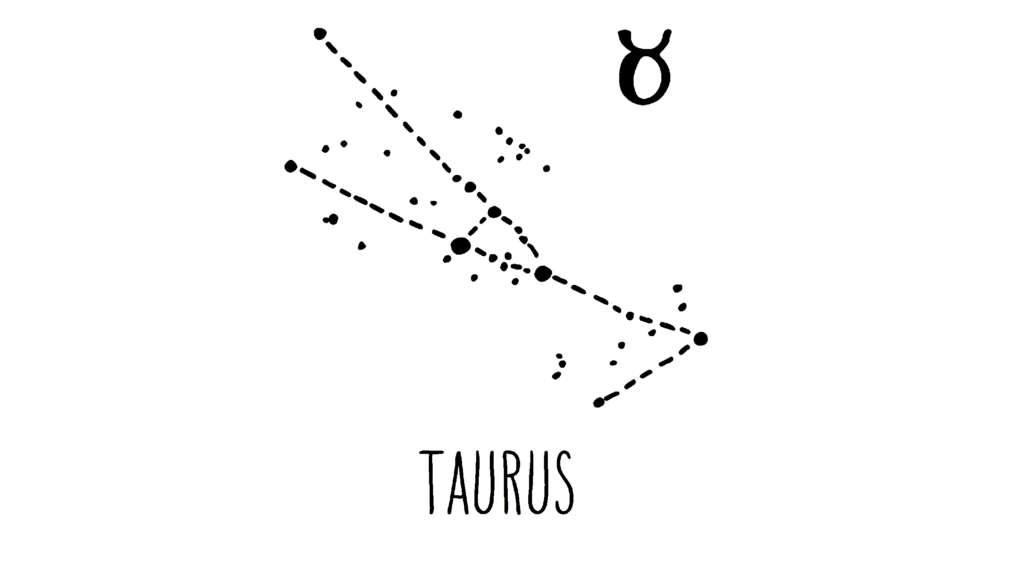Who represents farmers?
Radical reform is needed to make Europe’s agricultural sector financially sustainable and environmentally resilient. Yet Europe’s biggest farming lobby, together with the EPP, opposes any policy inimical to the interests of large landowners.


The closer we get to the European parliamentary elections in June 2024, the harder politicians are jostling to win votes. There is one constituency that conservative politicians in particular are wooing: farmers.
When the centre-right European People’s Party (EPP), the largest group in the European Parliament, tried – and narrowly failed – to quash the Nature Restoration Law, it cited farmers and food security as reasons for its opposition. In her State of the Union speech in September, President of the European Commission Ursula von der Leyen ‒ herself a member of the EPP ‒ made it a point to show her appreciation for farmers but avoided mentioning the Farm to Fork strategy, the Commission’s flagship effort to make agriculture fairer and more sustainable. The EPP is pitching itself as the farmers’ party and looks set to challenge and object to any attempts to rein in farming’s adverse impacts on ecosystems.
Of the more than 400 million eligible voters in the EU, only about nine million, or around two per cent, work in agriculture. But politicians see their vote as crucial. This is partly because farmers are extremely vocal, but also because of a Europe-wide positive image of farmers as guardians of rural traditions and cultural heritage, and providers of our daily sustenance. This means a much wider part of the electorate sympathises and identifies with them, making them a powerful constituency.
There is no question that farmers need to be supported. Their existence is critical to Europe’s long-term food security and, ultimately, prosperity. But unfortunately, European farming is in dire straits. Despite agriculture being the EU’s largest budget item, disbursing tens of billions of public money a year, the bloc has lost three million farmers over the past decade. That is a rate of 800 farmers leaving the profession every single day. Yet more concerning, they’re not being replaced: the average age of a European farmer is now 57. These statistics date back to the decade from 2010 to 2020, before the war on Europe’s doorstep between two agricultural superpowers put further pressure on food producers, who have since struggled with rapidly rising prices of inputs such as feed, fertiliser and pesticides.

Feed production plant in Kochanowice, Poland. Image: Przykuta. Source: Wikimedia Commons
Over the past two years, European farmers have also been hit hard by multiple extreme weather events, from droughts and heatwaves to floods and wildfires, which have damaged farms and decimated harvests. To make matters worse, scientists have warned unequivocally that extreme weather is likely to worsen and will threaten food production. It is imperative that farming not only mitigate its contribution to climate change, scientists warn, but also adapt and become resilient to these disasters, as well as to the more subtle shifts in cropping and rainfall patterns. Yet the farming lobby and the politicians who purport to care for the continued viability of European agriculture seem intent on resisting any reforms or changes to the status quo.
Misleading claims
This may be partly explained by the dominance of Copa-Cogeca, Europe’s oldest, biggest and most powerful farming lobby. The organisation was established in 1959 at the inception of the EU’s Common Agricultural Policy (CAP), which was itself founded on the post-war ideal that Europe should never go hungry again. Starting out as separate movements representing farming (Copa) and cooperatives (Cogeca), the two merged in the early 1960s. Its members include many of the EU’s major national farm unions, and over the years Copa-Cogeca has proclaimed itself the voice of European farmers and agricultural cooperatives in Brussels.
Copa-Cogeca claims to represent more than 22 million farmers and their families which ‒ according to European Commission data ‒ would mean the entirety of Europe’s farm sector. Yet the claim appears more aspirational than realistic, as myself and other journalists revealed in our months-long investigation with Lighthouse Reports, a non-profit investigative news outlet, with media partners in Brussels, Romania, Poland, Spain, Netherlands, and Denmark. Interviews with nearly 120 farmers, insiders, politicians, academics and activists, as well as a survey of 50 Copa-Cogeca affiliates, cast serious doubt on the lobby’s membership claims and its legitimacy in the farming community.
In Romania, which has Europe’s largest number of agricultural holdings at almost 2.9 million, a total of 3,500 farmers are represented by an alliance of four unions that are members of Copa-Cogeca, according to their own press releases and interviews. In Poland, around 1.3 million farmers are nominally members of Copa-Cogeca’s affiliate KRIR, which receives considerable sums of taxpayer money, but does not keep track of who it represents. The country’s Supreme Audit Office concluded in 2021 that, ‘due to the lack of records, agricultural chambers had no knowledge of all the members whose interests they are supposed to represent’.
In Denmark, the sole member of Copa-Cogeca is the Danish Food and Agricultural Council (L&F in Danish). Its annual reports in 2016 and 2021 showed a surge in membership of 5,000 farmers, a curious development that seems to go against both European and national statistics. The union declined to provide a full explanation for its growing membership, but its latest annual report dropped this number entirely. Spain probably has the most comprehensive dataset among the countries that were investigated. Even there, the three farm unions that are members of Copa-Cogeca together represent only 40 per cent of the country’s farmers.
Power without representation
The long-held perception of Copa-Cogeca as the arbiter of what European farmers need and want is based on data that is unreliable, unsubstantiated and opaque. In addition, small farmers do not feel represented. ‘The decisions go through the big countries, big farmers, big unions… [There’s] no equality,’ said Arūnas Svitojus, president of the Lithuanian Union and Copa member LR ZUR.
Other current and former members and insiders also said Copa-Cogeca represents mostly the interests of big, industrial farmers and cooperatives and not the small- and medium-sized farmers that make up the bulk of European agriculture. According to Eurostat, of the EU’s 9.1 million agricultural holdings in 2020, 63.8 per cent had less than five hectares and at least 75 per cent had less than 10 hectares. Despite this, Copa-Cogeca continues to enjoy a cosy relationship with the three EU institutions at the heart of agricultural policy-making: the Commission, the Parliament and the Council. In a 2019 article on farm subsidies, the New York Times said European leaders have historically treated Copa-Cogeca ‘not as mere recipients of government money, but as partners in policymaking’.
Copa-Cogeca is the only group invited to meet and talk to the president of the Council before every meeting of EU agricultural ministers. Copa-Cogeca also had the largest number of seats on civil dialogue groups that assist and advise the Commission. The structure of these groups has recently been reformed, but sources say that Copa-Cogeca continues to dominate discussions. Commission insiders also spoke of ‘a mutual understanding’ between DG AGRI, the branch of the Commission responsible for agricultural policy, and Copa-Cogeca.
In emails to members of the EU Parliament, Lighthouse Reports found, the lobby group gives detailed suggestions on how to vote on a certain piece of legislation and what kind of amendments should be made. One MEP has even felt Copa-Cogeca’s correspondence was a veiled threat.
This chummy, closed-loop relationship between the legislative, the executive and interest groups in Brussels that have a tight grip on agricultural policy-making has been dubbed ‘The Iron Triangle’. Power without representation can lead to policies skewed to benefit the few that wander the corridors of power in Brussels, rather than the millions of farmers toiling away in the fields.
In the past year, Copa-Cogeca has used its position to oppose environmental reforms proposed by the Green Deal and Farm to Fork Strategy, including successfully sabotaging a law to cut pesticide use, defeating efforts to require large-scale farm operations to reduce harmful emissions, and attempting to derail a law that would restore European ecosystems. Its lobbying also delayed crop rotation and fallow land requirements under the CAP. In addition, it is against linking farm subsidies to environmental outcomes. Crucially, it does not want to put a ceiling on the maximum amount of money a farm can get under the CAP, which has so far benefited large landowners at the expense of small- and medium-sized farmers.
Disenfranchised farmers
This has the effect of disenfranchising the kind of young and committed farmers that Europe desperately needs, and perpetuating the vicious cycle of more farmers abandoning agriculture than can be replaced. Like Tijs Boelens, a former activist and social worker who now grows organic vegetables and indigenous wheat and barley varieties in Flanders. ‘We are not at all seen. We don’t count because we don’t have money,’ he told me over a Zoom call during an afternoon break. His anger at policies at regional, national and European Union levels ‒ which he said are very much focused on large-scale, industrial, intensive farming ‒ is palpable.
Like Katja Temnik, a former basketball star-turned-herbalist and biodynamic farmer, who during the annual EU conference on the future of agriculture in Brussels warned the assembled parliamentarians, bureaucrats, lobbyists and farmers that the increasing emphasis on technology-driven food production was wrong. Temnik said that decision makers ‘are completely isolated from reality or what people who actually live and work with land need and feel’.
Like David Peacock, founder of the lauded Erdhof Seewalde, a 111-hectare mixed livestock farm in northern Germany, who feels disconnected from big farm unions like Copa-Cogeca because ‘the way they farm and what they’re doing is destroying the planet’. He adds, ‘I know it is possible to work differently. So I’m quite critical of what they’re doing and of the structures behind the whole thing.’
Like Jean Mathieu Thevenot and his friend, young engineers who have set up a farm in the French Basque country as ‘a political choice’ to say ‘industrial farming is a big part of the problem for most of the ecological issues that we face. We need to change the way we farm’. ‘Most of the youth farmers I know and work with’, adds Thevenot, ‘are disconnected and in complete disagreement with the vision of Copa-Cogeca, which has a lot of power in the EU but advocates in favour of the status quo and industrial agriculture’.
Like Bogdan Suliman, a Romanian former utility worker who turned to farming to support his parents and is charting a very different path from his older neighbours who advised him to use as much fertilisers and pesticides as possible. He is trying to recreate a sustainable ecosystem that does not require chemicals to control pests or boost productivity. ‘We need a different mentality,’ he says.
Although not all farmers are eager to change their practices, many are ‒ especially if it allows them to make a reasonable profit. Research shows this is a realistic perspective. If Farm to Fork is implemented carefully, many farmers stand to gain and only some will lose out. But this requires a bold set of measures and courageous, forward-looking representatives of European farmers.
This is why Copa-Cogeca’s lack of representation and the EPP positioning itself as a ‘farmers’ party’ are so concerning. If these two largest and most powerful groups in Brussels continue to resist any reforms to how we produce, consume and discard food, they will be doing a disservice both to the farmers who want to change and the consumers who need healthy and affordable food that does not wreck the planet. Ultimately, this will undermine European agriculture and the continent’s ability to feed its people.












